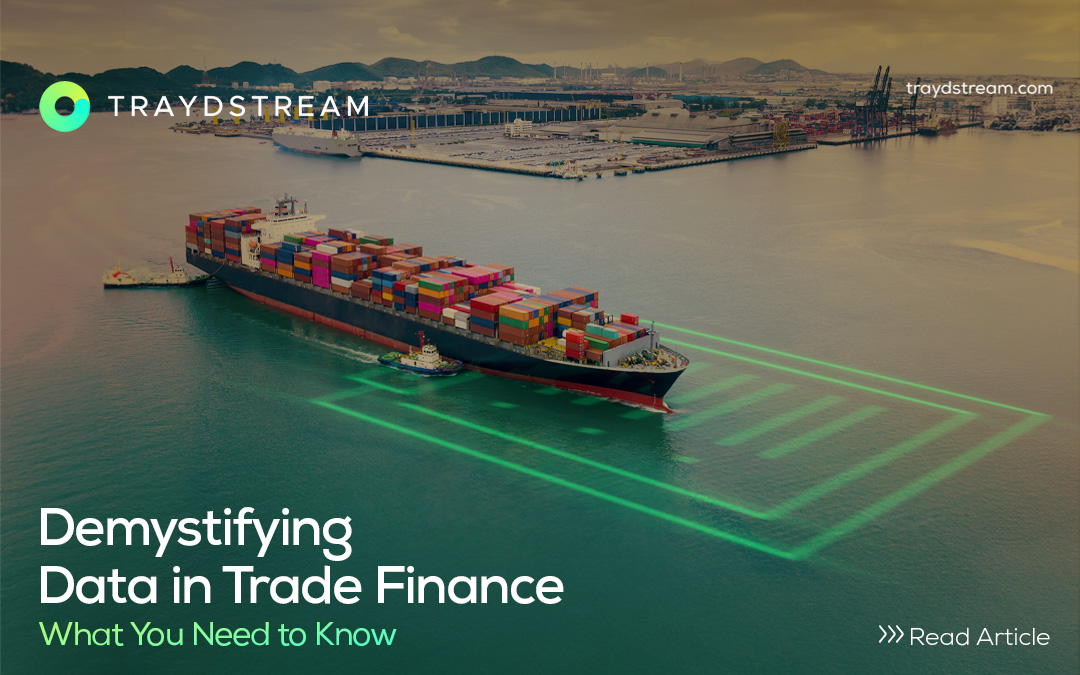
What type of data is collected and processed in Trade Finance?
The Trade Finance industry deals with the financing and facilitation of international trade transactions. Various types of data are collected and processed in this industry to facilitate these transactions efficiently and securely. Some of the key types of data include:
Trade Documents: Trade finance involves processing and verifying various trade documents such as invoices, bills of lading, purchase orders, letters of credit, certificates of origin, and other related documents. These documents contain essential information about the parties involved, goods being traded, terms of the transaction, and more. These documents carry a mix of public and private data. With this data a bank can derive a lot of macro and micro level insights about their trade business and trade in general.
Financial Data: Financial data related to trade transactions, including payment details, transaction amounts, currency exchange rates, banking information, and other financial instruments used in trade financing, such as letters of credit, bank guarantees, and documentary collections. These data are sensitive in nature and need to be protected with adequate controls.
Regulatory and Compliance Data: Trade finance transactions are subject to various regulations and compliance requirements imposed by governments and international bodies. Data related to regulatory compliance, including sanctions screening, anti-money laundering (AML) checks, knowing your customer (KYC) information, and adherence to trade regulations, are collected and processed to ensure legal and regulatory compliance.
Risk Management Data: Data related to risk assessment and management in trade finance, including credit risk assessment of counterparties, risk ratings, trade finance fraud detection, and monitoring of transactional risks.
Supply Chain Data: Information related to the supply chain, including details about suppliers, buyers, shipping routes, transportation modes, logistics, and inventory management. This data helps in assessing the reliability and efficiency of the supply chain and managing risks associated with it.
Market Data: Data related to market trends, commodity prices, exchange rates, geopolitical factors, and other economic indicators that may impact trade finance transactions and decision-making.
Transactional Data: Data specific to individual trade transactions, including transaction histories, order details, shipping and delivery information, and any modifications or amendments made during the transaction lifecycle.
How should the data be classified?
Identifying critical and sensitive data resources with data classification enables an organization to prioritize the way the information is handled and how it is accessed. It’s a necessary first step toward developing a data classification policy and implementing the proper controls to maintain data security and availability.
A clear methodology and an adoption framework are essential for a predictable outcome of any data classification implementation exercise.
What’s next?
Data classification is not merely a technical exercise but a strategic imperative for the trade finance industry. By categorizing information based on its sensitivity and relevance, organizations can enhance operational efficiency, mitigate risks, foster trust among stakeholders, and drive innovation. As trade finance continues to evolve in the digital age, embracing robust data classification practices will be instrumental in navigating challenges, unlocking opportunities, and ensuring sustained growth in a dynamic global marketplace.


